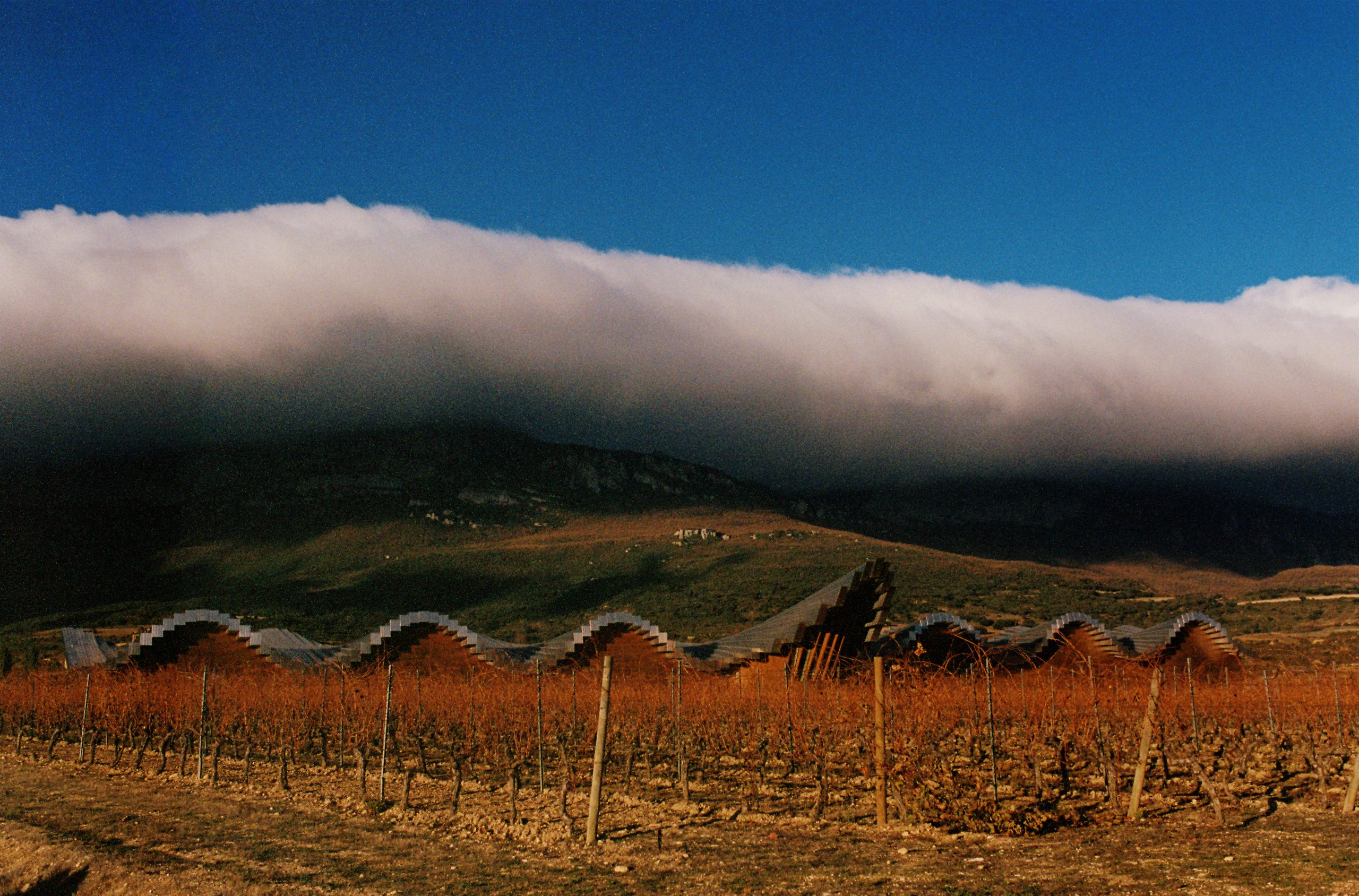Treasury Wine Estates profits fall 3.3%
Despite its net profits falling by 3.3% to A$254 million (£130 million) in the year to the end of June, Treasury Wine Estates (TWE) is increasing its dividend and predicts a continuing improvement in performance in the next 12 months.

The reason for the profits fall was lower shipments of commercially-priced wines to the United States, in line with TWE’s move away from the lower end of the market, plus low availability of luxury wines.
Sales in the US fell by 11.7% as part of the policy to move upmarket. The company said price increases pushed through on several brands was a key factor in profit margins increasing overall, along with internal cost-cutting.
The standout performer was the Penfolds division whose sales rose by 14.3%. Penfolds Bin 407 Cabernet Sauvignon had a 9% price rise, while the 19 Crimes label was up 6%, and the Squealing Pig went up by 9% in the United Kingdom.
High-end Californian red wine under the Stag’s Leap brand was up 20% in some instances.
TWE had already pointed to the challenging market conditions in Australia and the UK (where it is a strong critic of the recent changes to the excise duty regime) and said that those conditions were likely to persist.
Chief executive Tim Ford said: “We enter F24 with confidence that the execution of our premiumisation strategy will continue to deliver our long-term growth ambitions through the cycle.
“We are a much stronger business today and are well placed to succeed in the current macro- environment where consumer demand for luxury wine is strong and premium wine remains resilient.”
Partner Content
Mr Ford said overall consumer demand for premium wine was expected to stay consistent over the next year, but conditions were difficult in the lower-tier segments below $10 a bottle. “We do expect the decline in commercial wine to continue,” he said.
The cheaper end of the market is under pressure with the Premium Brands business which includes brands such as Wolf Blass, Lindemans, Squealing Pig, Pepperjack, Wynns, Seppelt and 19 Crimes being hit by a 5.4% drop in earnings.
Last month, Treasury Wines announced plans to shut its large production facility at Karadoc in Victoria, which makes lower-end wine under labels such as Lindemans, Yellowglen and Wolf Blass, in June next year.
Much recent speculation has centred on the resumption of shipments of Australian wine to China if Beijing rescinds its tariff regime, following the news about removing barriers on barley trade. Previously China was Treasury’s largest export market, accounting for almost a third of its profits and Ford has promised that any reopening will be gradual.
Yesterday TWE promised to delay allocating its annual vintage of high-end Penfolds wine for a few months to keep its options open. But Ford promised not to cut supplies of the of the luxury Penfolds range in Australia, which has proved to be one of the growth engines for the brand along with Singapore, Malaysia and Thailand where distribution of Penfolds was aggressively stepped up to make up for some of the trade lost in China.
“It’s prudent to give ourselves some flexibility,” he said. “We’re not going to short markets, so to speak. We’ll just monitor where we allocate over the next four to five months. If China reopens, demand will be above supply.”
Sales of Penfolds produced in the Ningxia region of China, which began selling in late 2022 at around $50 per bottle, have reached 100,000 cases so far.
A report from Rabobank says that even if the China wine tariffs were removed and exports resumed, it would still take Australia’s wine industry at least two years to work through its current surplus, which is the equivalent of 2.8 billion bottles.
Related news
Bordeaux 2024 en primeur: Saint-Julien




